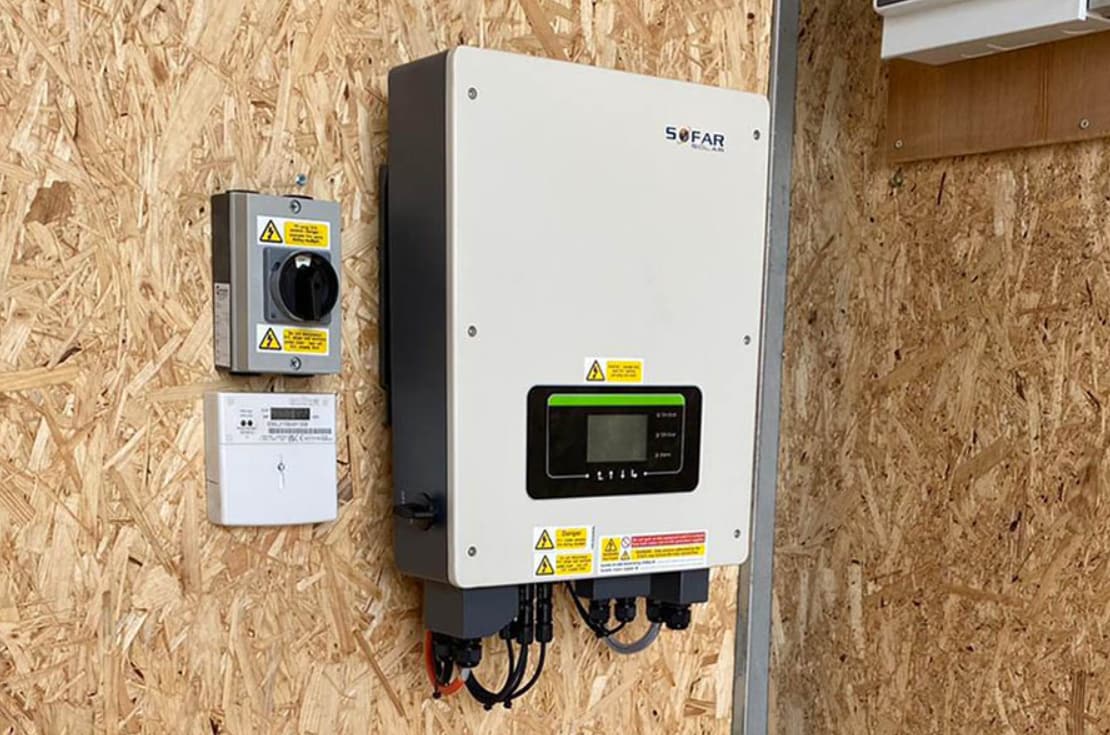Introduction: When it comes to setting up a photovoltaic (PV) system, choosing the right solar inverter is crucial. The solar inverter plays a vital role in converting the direct current (DC) generated by solar panels into usable alternating current (AC) for powering your home or business. In this article, we will discuss the factors to consider when selecting a solar inverter for your PV system.
- System Size and Capacity: The first step in choosing the right solar inverter is to determine the size and capacity of your PV system. Consider the total wattage of your solar panels and the expected energy production. Ensure that the inverter’s capacity matches or slightly exceeds the maximum power output of your PV array to ensure optimal performance and efficiency.
- Inverter Type: There are three main types of solar inverters: string inverters, microinverters, and power optimizers. String inverters are the most common and cost-effective option, suitable for standard PV systems. Microinverters, on the other hand, are installed on each individual solar panel, allowing for better performance in shaded or unevenly oriented installations. Power optimizers are a hybrid option that combines the advantages of both string inverters and microinverters. Consider your system’s specific requirements and conditions to choose the most suitable inverter type.
- Efficiency and Performance: Efficiency is a crucial factor to consider when selecting a solar inverter. Higher efficiency means less energy loss during the conversion process, resulting in greater overall energy production. Look for inverters with high efficiency ratings, typically above 95%, to maximize your system’s performance and optimize your return on investment.
- Monitoring and Data Reporting: Advanced solar inverters come with built-in monitoring and data reporting capabilities. These features allow you to monitor the performance of your PV system, track energy production, and identify any issues or inefficiencies promptly. Consider inverters that offer user-friendly monitoring interfaces and compatibility with remote monitoring systems for convenient and efficient system management.
- Durability and Warranty: Solar inverters are exposed to various weather conditions and environmental factors. Therefore, it is essential to choose an inverter with a robust and durable design that can withstand harsh conditions. Additionally, check the warranty offered by the manufacturer. A longer warranty period indicates the manufacturer’s confidence in the inverter’s reliability and can provide you with peace of mind.
- Compatibility with Grid Requirements: If you plan to connect your PV system to the grid, ensure that the chosen solar inverter complies with the grid requirements and regulations in your area. Grid-tied inverters must meet specific standards to ensure safe and seamless integration with the utility grid.
Conclusion: Selecting the right solar inverter is crucial for the overall performance and efficiency of your photovoltaic system. Consider factors such as system size, inverter type, efficiency, monitoring capabilities, durability, warranty, and grid compatibility. By carefully evaluating these factors and consulting with professionals, you can choose an inverter that matches your system’s requirements, ultimately maximizing the benefits and energy output of your PV installation.
